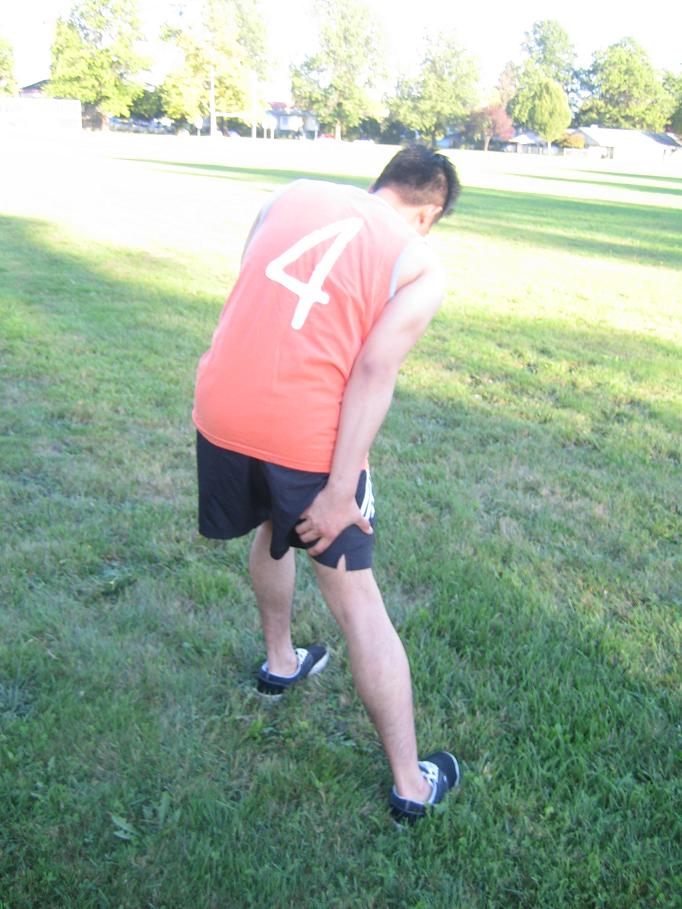MRSA or methicillin-resistant staphylococcus aureus is still a big health threat in various parts of the globe. Since hospitals are the main source of MRSA infections, strict hygienic measure were introduced to slow down its spread.
Individuals who have been hospitalized or have any form of surgical procedure must be aware of the indications of MRSA. A small percentage of individuals are carriers of the bacteria.
Close look of MRSA
When it comes to MRSA, it usually manifests on the skin as a rash, sore boil, pimple or abscess. Some individuals might mistake an MRSA infection for a spider bite. It is important to note that an infection affecting the skin usually appears swollen and reddened.
Pus and other drainage of the infected area is also present. If the condition is not properly treated, an MRSA skin infection can rapidly progress into a deeper infection that requires surgical removal.

What are the signs and symptoms?
The symptoms of MRSA infections tend to vary depending on the source and whether it has spread to other bodily organs. The typical signs and symptoms of an MRSA infection include the following:
- Fever
- Pain at the infection site
- Muscle and joint pain
- Fatigue
- Headache
In case the infection affects the lungs, it might lead to cough, shortness of breath, fever and chills. Pain or burning sensation during urination especially after catheterization during surgery might be an indication of infection affecting the urinary tract.
Potential risks
MRSA infections affecting the skin are transmissible and can spread via skin-to-skin contact with abrasions and cuts or even enter the body via a catheter or breathing tube.
The infection often spreads in hospitals thus being hospitalized, undergoing a surgical procedure or living in a long-term care facility can put an individual at risk for acquiring the bacteria.
The MRSA typically occurs among older adults and those who have weakened immune systems. Those who have low immune systems from an unrelated illness are at higher risk for developing a serious MRSA infection and must consult a doctor early if an infection is suspected. Serious infections might cause surgical wound infections, pneumonia and bloodstream infections.
In rare circumstances, MRSA and other forms of staph infections can lead to necrotizing fasciitis or flesh-eating infection. This condition is a serious skin infection that rapidly spreads.
When to seek medical care
When it comes to minor skin issues such as wounds, insects bite and abrasions, they should be monitored closely for indications of infection. A doctor should check an infected wound or if a prescribed antibiotic is not working.
An antibiotic that is not working, infection is not controlled after 3-4 days, fever develops or becomes worse after starting the antibiotic or if the infection becomes worse require further assessment by a doctor.

